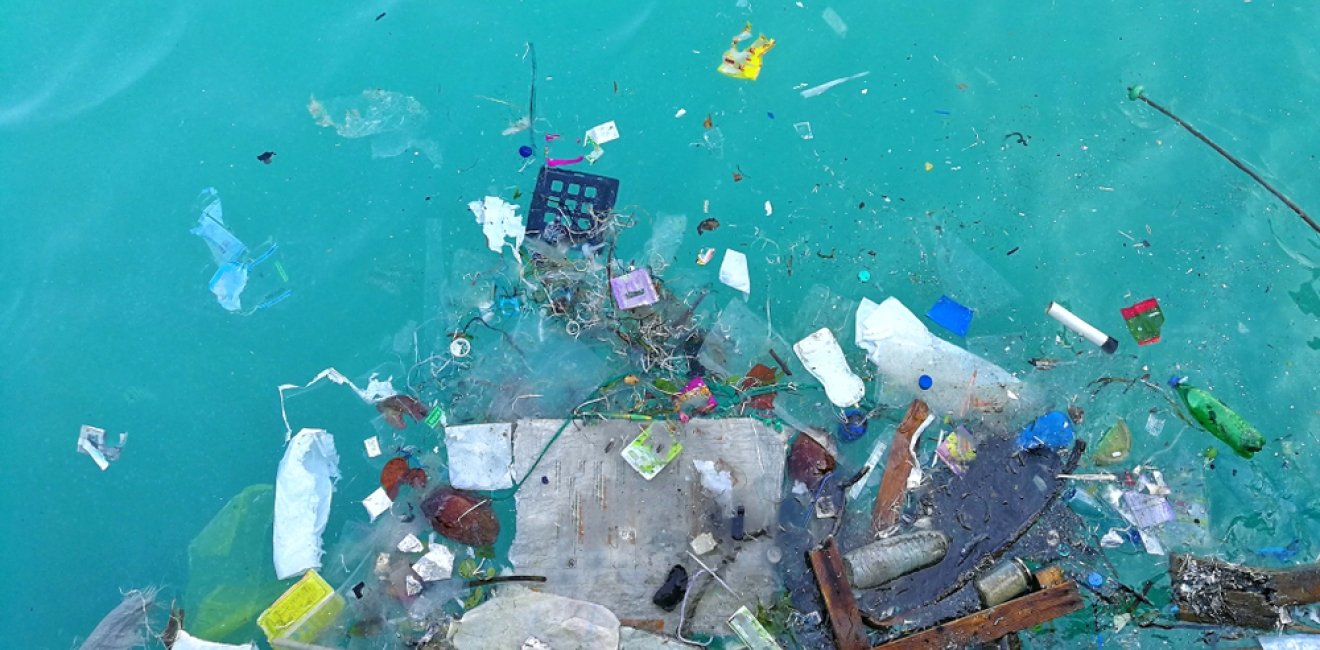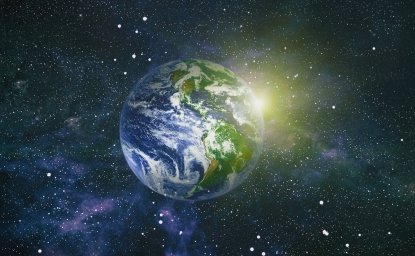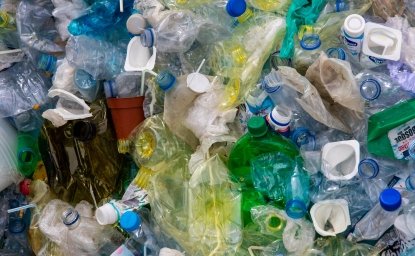Citizen Science and Data Integration for Understanding Marine Litter
Protecting the ocean is essential for the sustainability of the planet. Oceans provide food and livelihood for human populations, host vast biodiversity and ecosystems and provide climate regulatory services. However, due to the vastness of the oceans, monitoring ocean pollution and health is logistically challenging and expensive. This is particularly true for plastics. In the last 50 years, global production of plastics has increased more than 22-fold, and only an estimated 9% of plastics produced have been recycled ; 1 Moreover, there is a lack of information on the volume of plastic that is currently in the ocean, where that plastic accumulates, and the process of how plastic breaks down into micro plastic as well as a lack of information on how plastic affects ecosystem or human health. Answering these questions requires new ways of collecting and analyzing data. Citizen science and complementary activities, like targeted beach clean-ups, not only provide a cost effective mechanism for collecting data, but also provide an opportunity to increase awareness and action on issues relating to marine litter. A consortium of partners including UN Environment and the Wilson Center are partnering on Earth Challenge 2020 , 2 the largest globally coordinated citizen science campaign to date, to bring people together to better understand marine litter.






